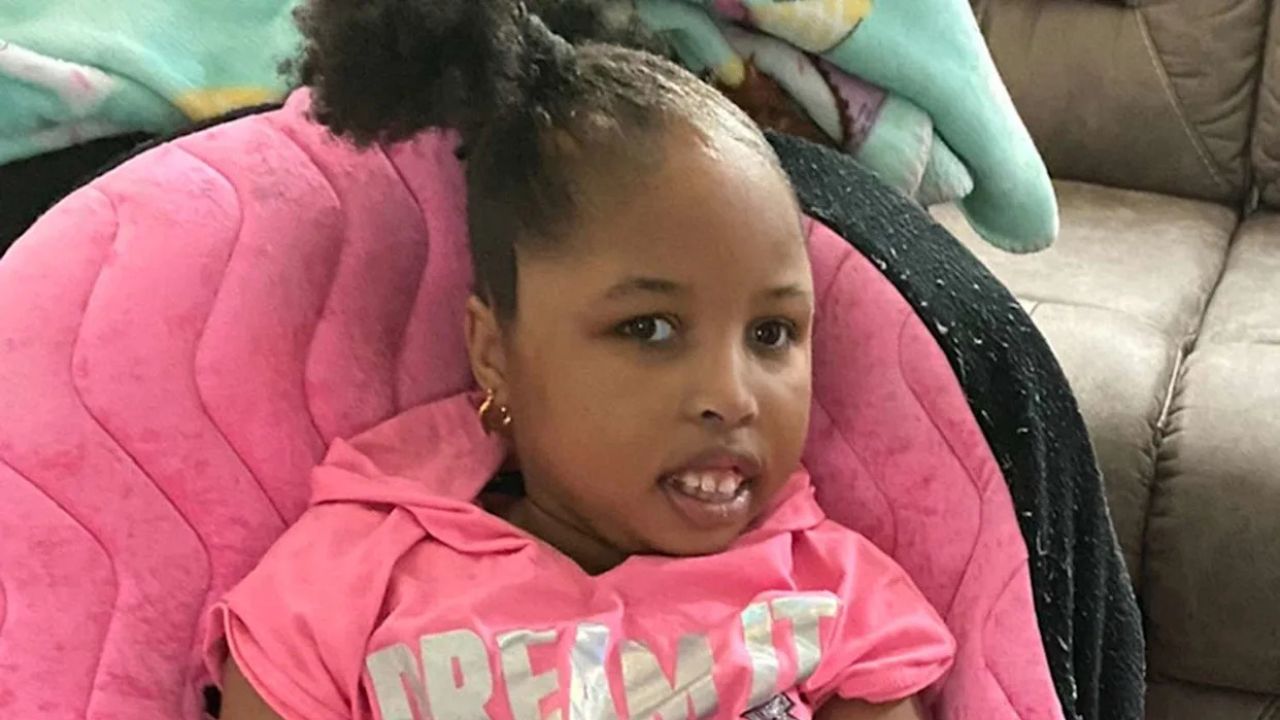Greenville, SC — Nearly a decade after her 17-month-old daughter was brutally assaulted by her father, a South Carolina mother is fighting to change a state law that prevented prosecutors from filing murder charges following her child’s death years later.
In February 2015, Kaya Jackson received a call that shattered her world — her baby girl, Egypt Henderson, had been rushed to the hospital with a traumatic brain injury after spending the weekend with her father, Joseph Morales, in Greenville.
Doctors performed emergency brain surgery and warned Kaya that Egypt might not survive. Morales later admitted to beating the toddler because she wouldn’t stop crying.
“They told me if she made it, she’d be a vegetable or wouldn’t make it overnight,” Kaya recalled. “They didn’t think it was accidental.”
Egypt’s Long Battle After the Assault
Egypt survived the attack but lived with severe disabilities for years. The trauma left her with cerebral palsy, epilepsy, partial blindness, and hip dysplasia. She relied on a feeding tube and had limited mobility and speech.
“Her hip came out of socket due to not walking,” Kaya said. “She was nonverbal, everything was through her G-tube. She endured so much because of what happened.”
In 2016, Morales pleaded guilty to inflicting injury on a child and was sentenced to 18 years in prison.
Egypt lived until February 2024, when she passed away at the age of 10 due to complications from pneumonia.
Law Blocks Murder Charge
After Egypt’s death, Kaya was stunned to learn Morales couldn’t be charged with murder. Under South Carolina’s “three-year rule,” prosecutors cannot bring homicide charges if a victim dies more than three years after sustaining the injury.
“My baby will never come back, and he’ll get to live his life again,” Kaya said. “He’ll see daylight, have experiences — and my daughter will never even have a best friend or go to kindergarten.”
Morales remains in prison and is expected to be released in 2030.
Push for Change in South Carolina
Determined to seek justice, Kaya is now pushing lawmakers to eliminate the three-year limit. She’s working with State Representative Wendell Jones (District 25) to draft and file new legislation that would ensure accountability, regardless of how much time passes between an assault and a victim’s death.
“It’s about safety and justice,” Rep. Jones told PEOPLE. “When you see the pain Ms. Jackson carries, you understand this law must change. We want to make sure no other families go through this nightmare.”
Jones plans to introduce the bill in November, ahead of the 2026 legislative session, with hopes it could be enacted into law that same year.
Read Also: Hero Ex-Cops Rescue Woman and 5-Month-Old Baby from East River in NYC
Honoring Egypt’s Memory
While advocating for reform, Kaya continues honoring her daughter’s memory. She petitioned to have the street where Egypt lived named after her and launched a billboard campaign to raise awareness about shaken baby syndrome.
She also organizes community events like “Egypt’s Honorary Bag Giveaway,” where she distributes free school supplies to local children.
“My daughter’s life mattered,” Kaya said. “Every child who has suffered from abuse or shaken baby syndrome deserves to be remembered. That’s what keeps me going.”
Do you think South Carolina should remove the three-year limit on homicide charges for child abuse cases? Share your thoughts in the comments on race-day-live.com and join the conversation about protecting victims and ensuring justice for families like Kaya’s.


 by
by 

